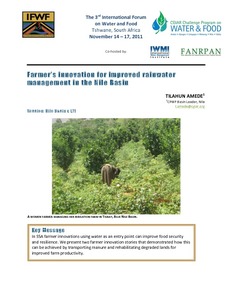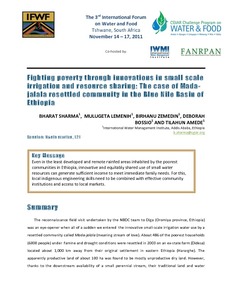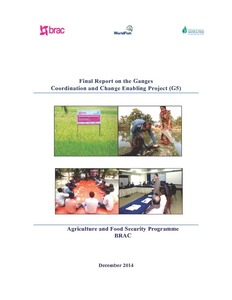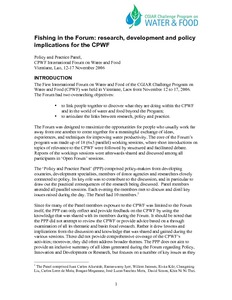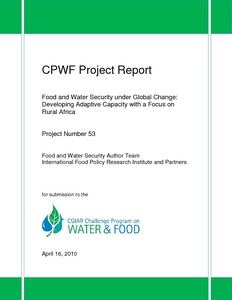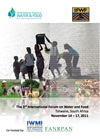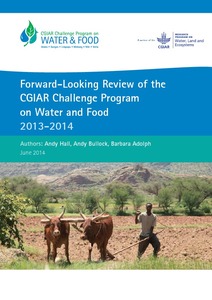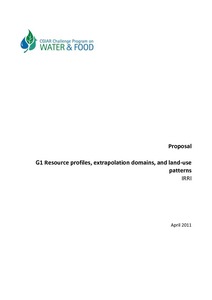Experiences from stakeholder dialogues in Tamale, northern Ghana
Tamale is the capital city of Ghana’s Northern Region. As the regional capital, Tamale is growing rapidly – the population has almost tripled to over 370,000 in the past 30 years, and the areal extent has increased up to sevenfold in the same period. Urban agriculture is an integral part of the food system, linked to resource management and spatial planning. In general one can say that backyard farming flourishes, but more formally organised production is threatened by urbanisation.


